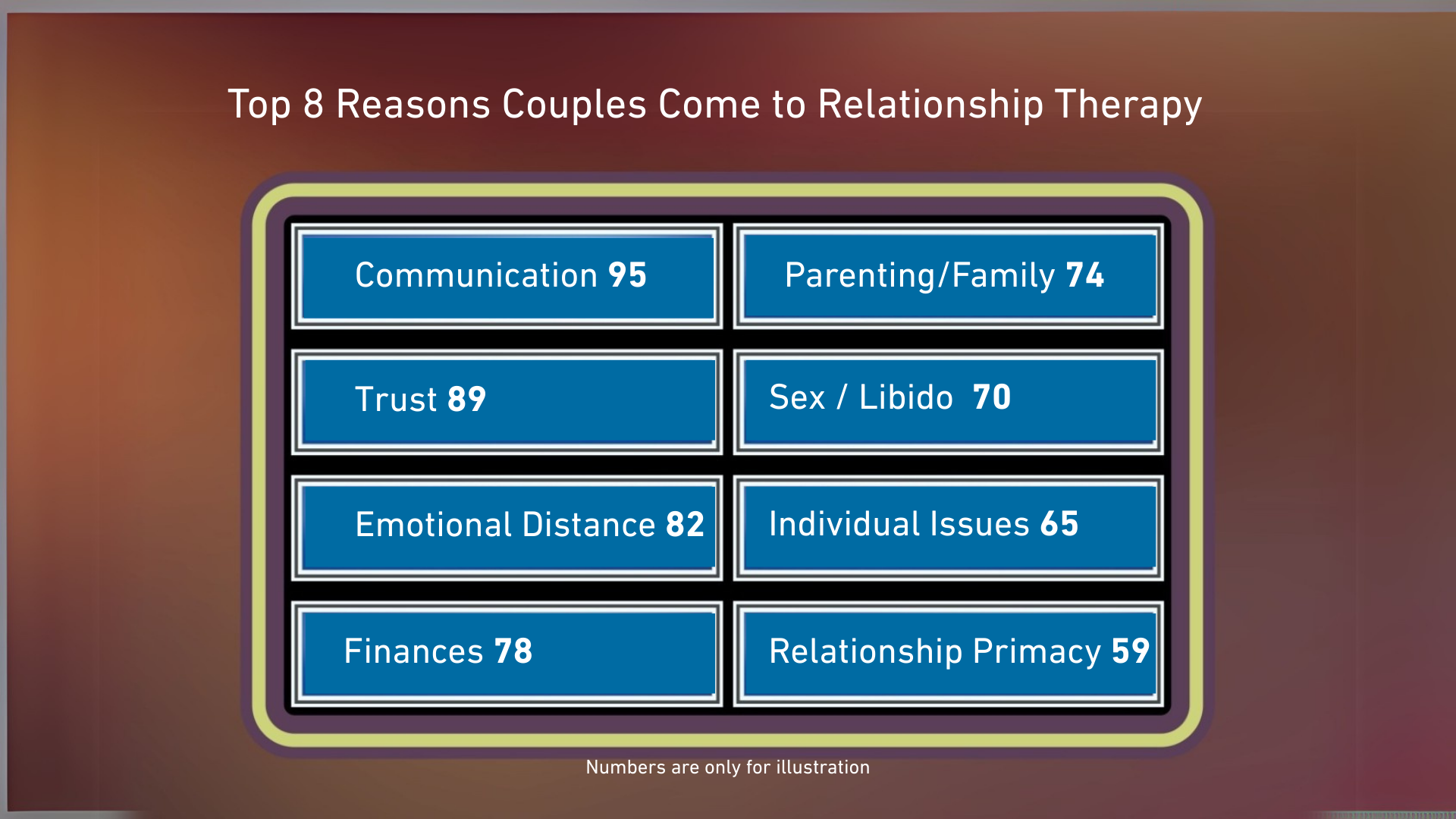Conflict in relationships can often appear like unexpected storms, erupting suddenly and leaving couples feeling bewildered and unsteady. For many, these quarrels spring up seemingly out of thin air, signaling a deeper struggle in managing disagreements. Few individuals enjoy the tension, with most preferring harmony over conflict.
An all-too-familiar experience that accompanies a fight is a sense of losing grip over the situation. A trivial matter might spark the fight, leading to a rapidly intensifying confrontation. This loss of control can leave us feeling frustrated, powerless, and isolated—an experience no one wants.
Looking at the science behind a fight offers insight into our responses. Research suggests that during these moments of high tension, we undergo what's known as diffuse physiological arousal. Put simply, this phenomenon triggers both our instinct to fight back and our urge to flee simultaneously. As a result, we find ourselves torn between confrontation and avoidance—wanting to protect ourselves yet not wanting to wound those we love.
Caught between conflicting desires—to connect with our partner yet shield ourselves from pain—we become stuck in a cycle. This dynamic can be expressed in a number of ways: some retreat into silence while others seek to engage or chase after resolution. Meanwhile, there are those who both pursue vehemently, a recipe for a big fight.
The patterns that emerge are uncomfortable and largely counterproductive. Our goal is to arm you with strategies to stop the conflict, learn constructive dialogues. By understanding the underpinnings of a fight and developing tools for resolution, couples can transform their interactions into opportunities for growth and deeper connection.
If fighting is a major problem in your relationship, it’s generally recommended for you to work with a relationship expert. You already recognize the problem… and the fight cycle repeats again and again. The cycle has become an automatic process and an outside observer will help you to interrupt the cycle and to utilize skills to stop the fight. Schedule with a relationship expert here.
By understanding the science behind fighting you can work through counselling more quickly. You can learn the science behind fighting in the course: ‘Escaping Fight Club.’





